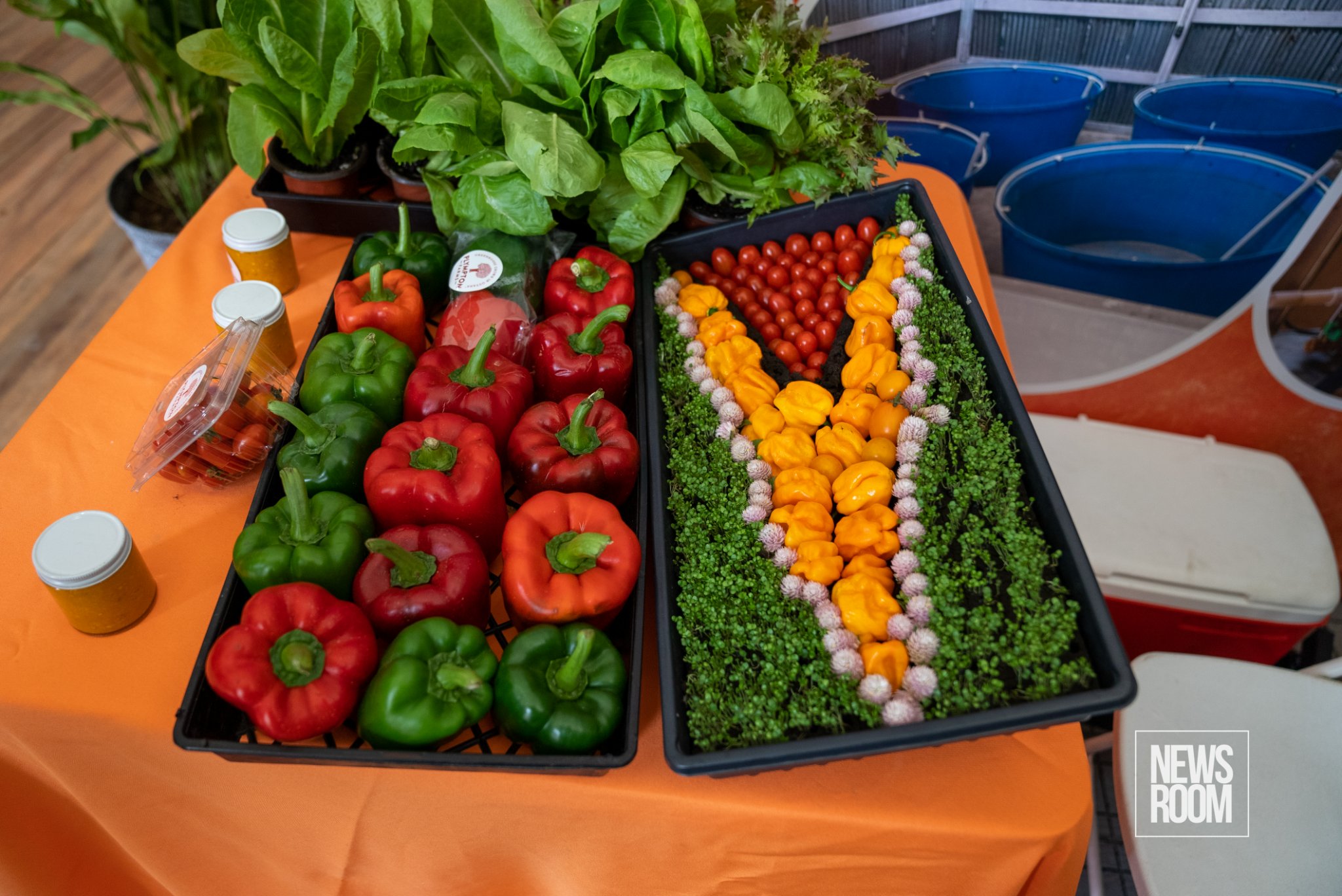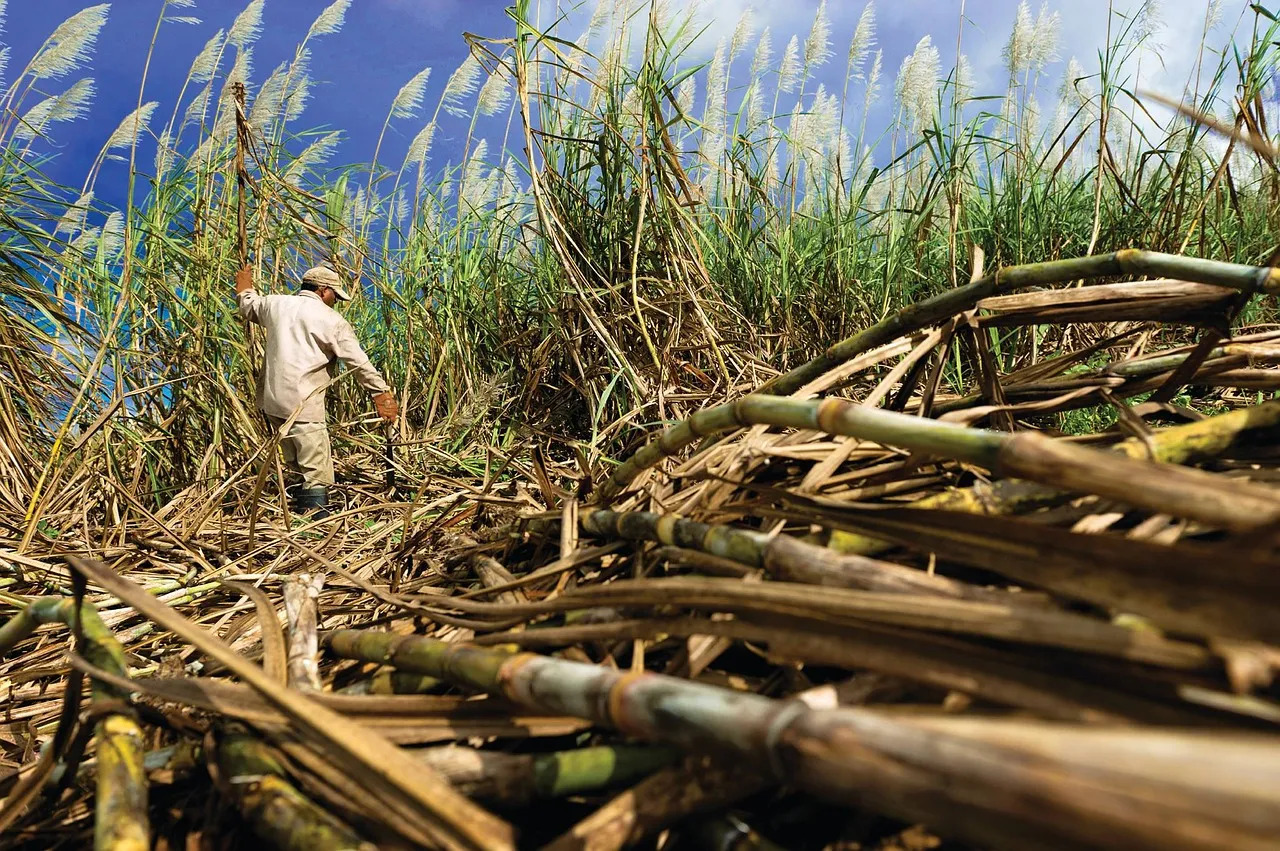Aggrieved rice farmers of Black Bush Polder, Corentyne, are now forced to accept $63,000 per tonne of paddy from millers there after the price dropped to $61,000 last week.
The battle between the millers and the rice farmers over the paddy price has been ongoing for several weeks, but now the $63,000 seems to be the final price set, Minister of Agriculture, Zulfikar Mustapha said on Monday.
The government had intervened to put an end to the recent protests by the rice farmers; the millers agreed to pay $65,000 per tonne of paddy after dropping it from 70,000 to 60,000 and in turn, the government reduced the export commission and slashed the scanning fee.
But the price was dropped again to $61,000 within a matter of days.
And according to the Minister, the millers are seeking more interventions from the government before the price can be increased again.
“They came up with a number of reasons why they cannot pay the $65,000 per tonne…I am still maintaining that they should pay that figure because they started the crop with it, but they said that because of the freight costs, the increased transportation costs, that containers are delayed and that is why they cannot raise the price,” he explained.
It should be noted that government has no say in the prices set by the millers; the government can only intervene and negotiate with the two sides in times of conflict to bring an amicable resolution.
And now, the government is working to put other systems in place to reduce the burden on rice farmers, not just in Black Bush Polder but the entire country.
The Agriculture Minister also noted that he has held meetings with a fertilizer supplier with the aim of lowering those costs. The high price of fertilizer has been one of the foregoing issues faced by farmers in Guyana.
Over at Region Two (Pomeroon-Supenaam), the Agriculture Minister’s recent intervention saw rice farmers there getting a small bump up in the price for their paddy.
Protests had also erupted there with rice farmers demanding $5,000 per bag of paddy; they were initially being paid $3,500 and will now receive $3,700, but this is only for A-Grade paddy.
Rice cultivation is the main economic activity in Region Two and most families depend on the sale of paddy to sustain their livelihood.












